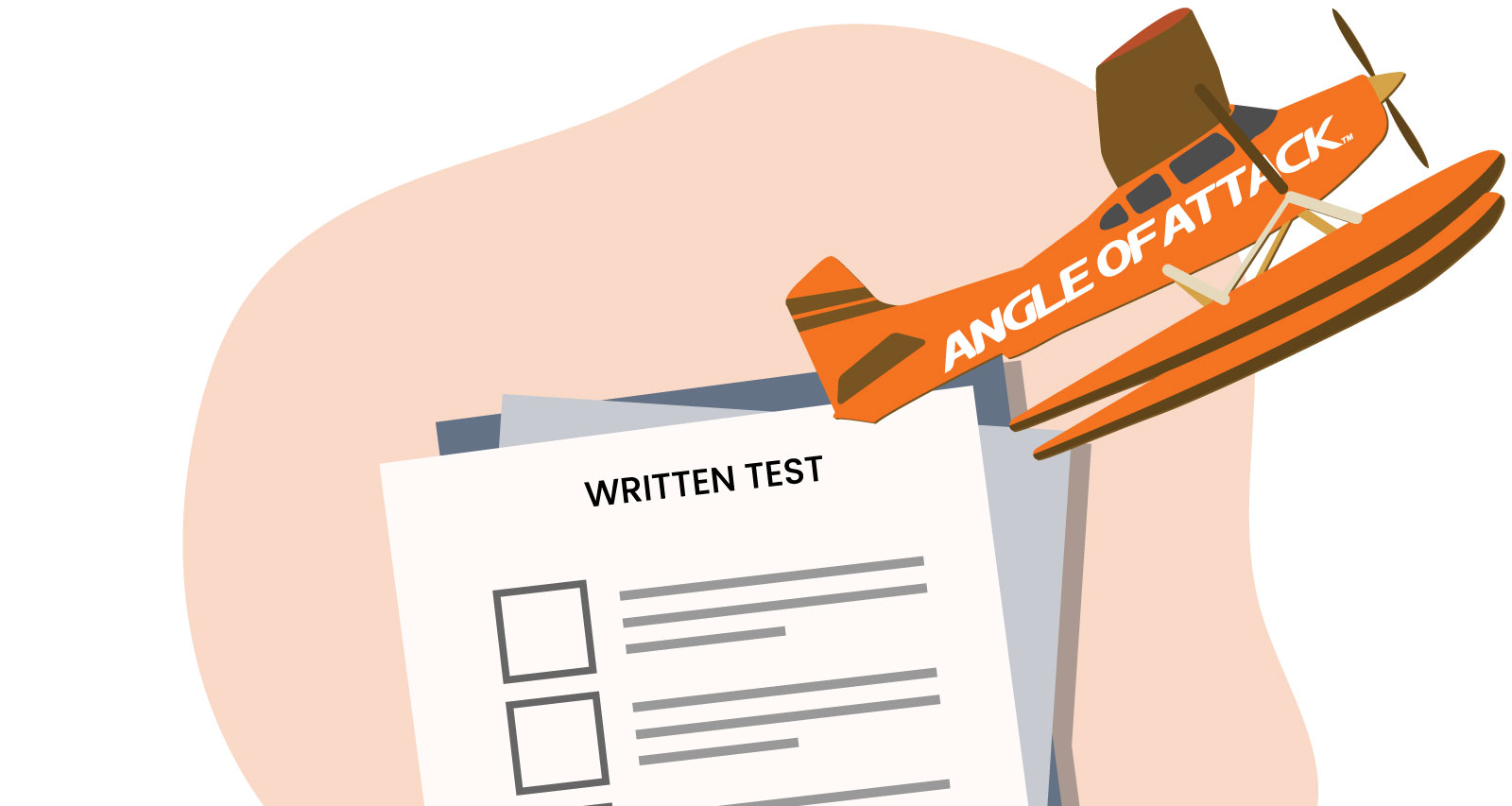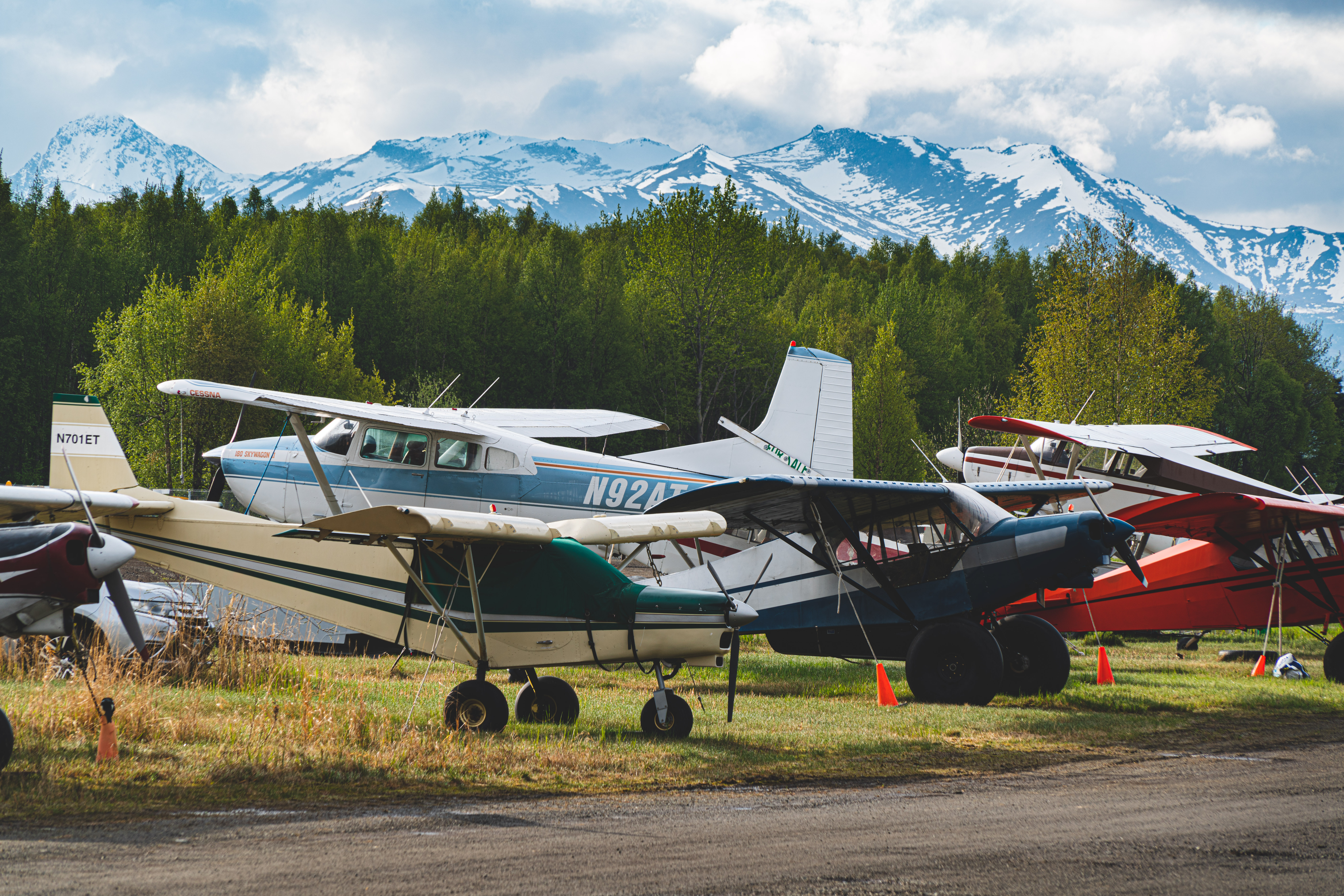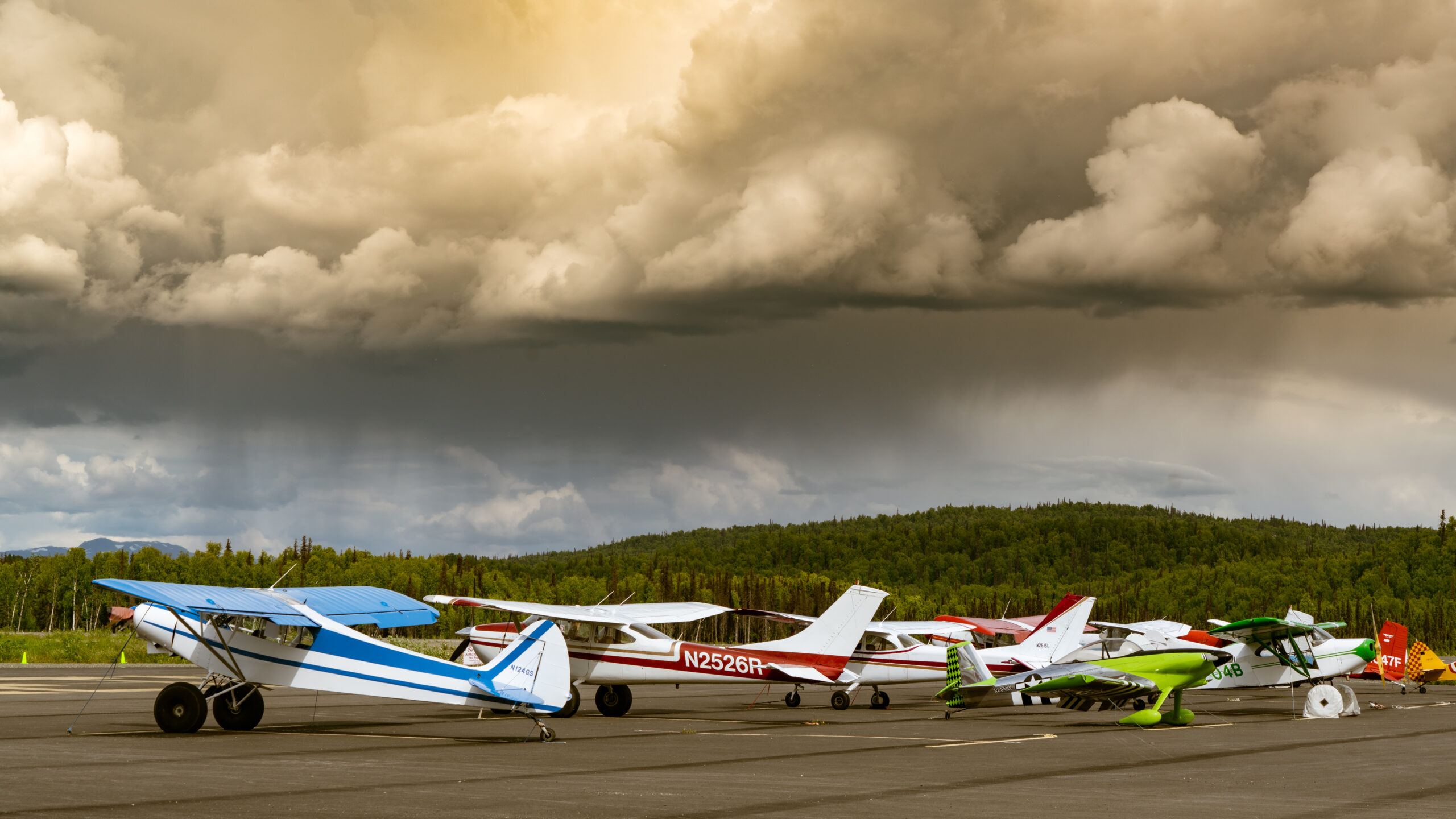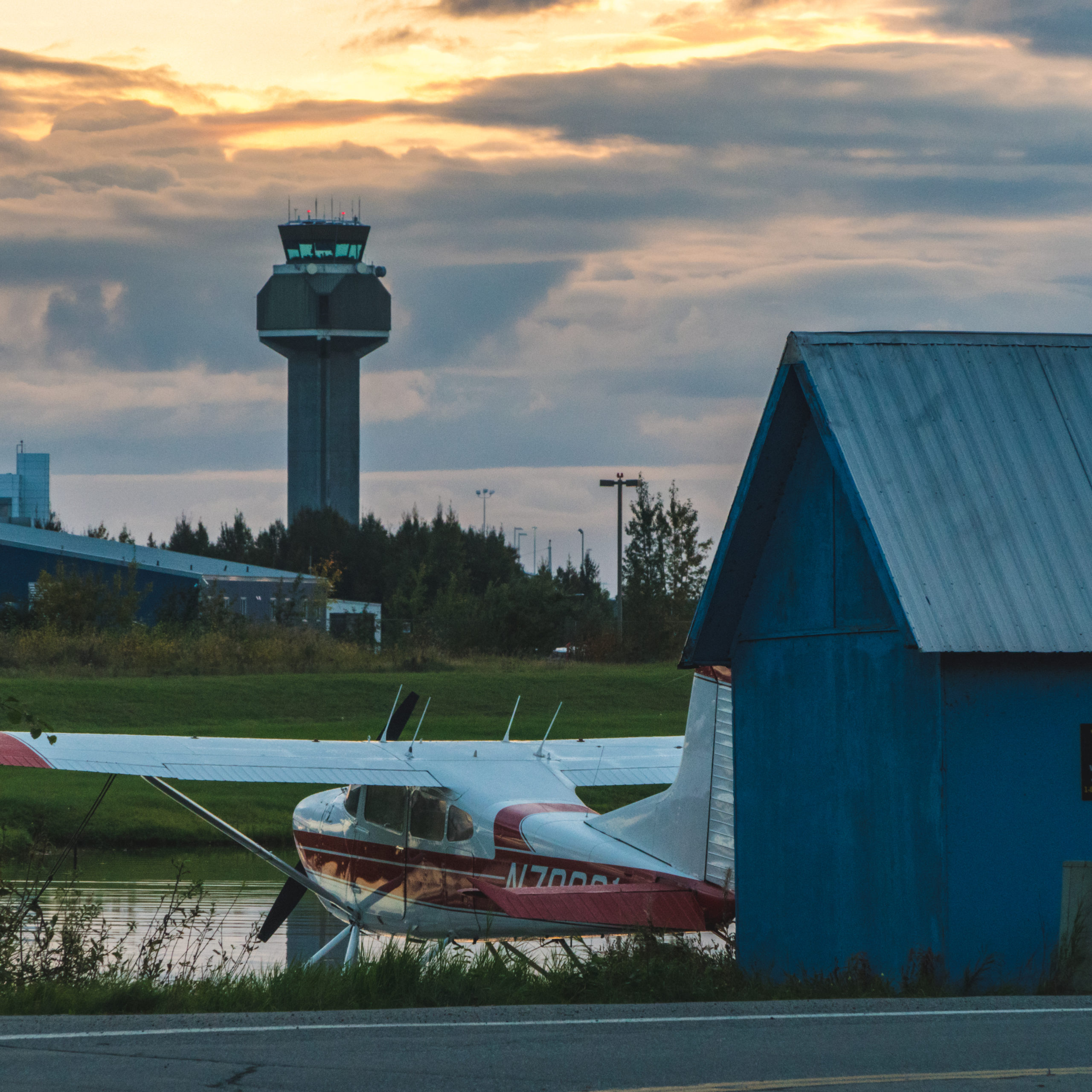
FBO is the acronym for “fixed-base operator.” In layman’s terms, an FBO is a private terminal. While this term is known worldwide due to the growth of corporate aviation, it is more common in the United States. When you book a charter flight, your agent will likely advise you which FBO your flight will depart from. They also play a significant role in the logistics of private flights.
For example, an FBO handles everything from arrivals to departures, luxury travel, business jet services, refreshments, restrooms, Wi-Fi connectivity, and passenger lounge to aircraft maintenance services. Read on as I discuss everything about an FBO.
What Is A Fixed Base Operator (FBO)?
FBO or fixed-base operator is a commercial organization. It’s granted the airline’s authority permission to operate within its premises and provide varying aviation services. These services are for aircraft, crew, and passengers at larger and smaller airports and hangars. FBOs provide maintenance, aircraft rental, flight instructions, repair, parking, and many more to keep flights on track.
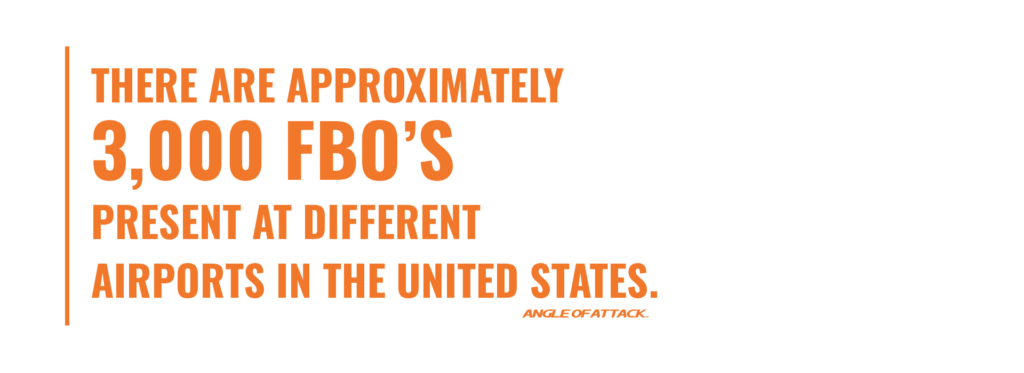 In other words, an FBO is the primary service provider for private and recreational flying. They are usually present at public airports but can sometimes be found on nearby property as a “through the fence operation”. FBOs are private companies in larger or higher-traffic airports; however, the local government operates at smaller airports.
In other words, an FBO is the primary service provider for private and recreational flying. They are usually present at public airports but can sometimes be found on nearby property as a “through the fence operation”. FBOs are private companies in larger or higher-traffic airports; however, the local government operates at smaller airports.
FBOs are not just aviation service providers; they serve as a gateway to encourage economic investment and associate with community businesses beyond the airport boundary.
Why Is It Called FBO?
The word “FBO” derives its history from an era of unregulated civil aviation in America in the 1920s at the end of WW1 when planes became common and pilots were offered to fly passenger flights. After the war ended, many military planes were not needed. Due to their transient nature, fixed aviation services at airports were required. Thus, these planes were bought by civilian pilots, and they started using farmers’ fields to land the aircraft instead of the airport. These pilots were called barnstormers.
Therefore, the US Air Commerce Act came into force in 1926. This act enforced aviation regulations of all kinds, including licensing of aircraft and pilots, code of aircraft maintenance, and training standards.
The services are now required to be fixed at a location. Thus, pilots and mechanics who used to earn their living on the road started establishing their registered businesses in the name of fixed-base operations. Today, this industry has evolved and developed to a great extent. Private flights host FBO as a third-party company that manages aviation services for passengers, pilots, and crew.
What Services Does A FBO Provide To Passengers And Aircraft?
FBO services to passengers and aircraft depend on the airport’s size. The bigger the airport, the more extensive the services, and vice-versa.
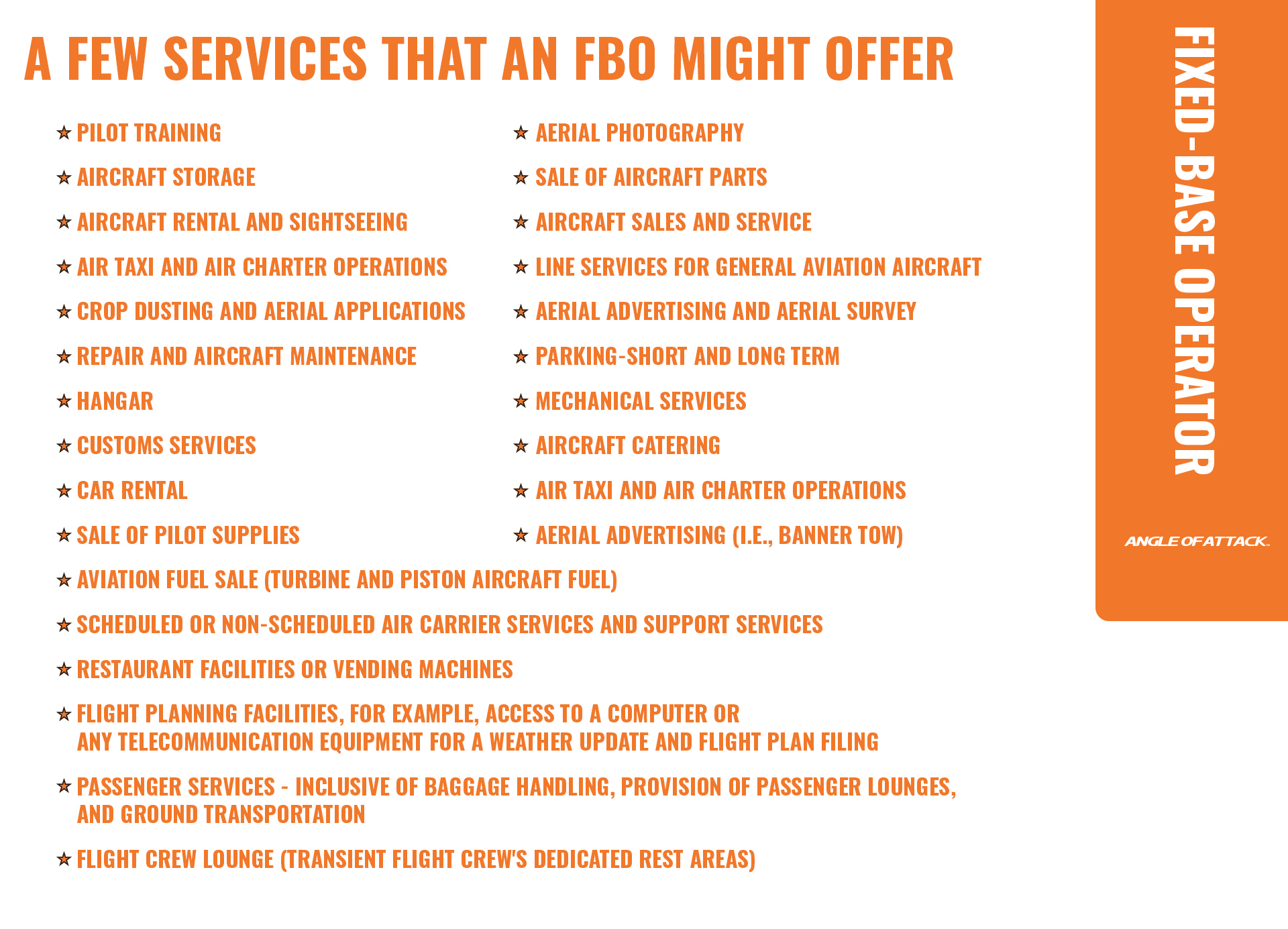
Who Typically Holds The Ownership Of A FBO?
The FBO is a mix of private, locally owned, operated organizations, franchises, and chains. Some FBOs, such as private airports, are operated by airport authorities, while the local or state government runs some.
Private airports or airports run by the state or local governments lease out spaces to these companies to run their business. In smaller government-owned airports with little air traffic, FBOs are managed by the government itself. But there are various multinational companies available that operate FBOs worldwide.
How Many FBOs Are There In The US?
There are approximately 3000 FBOs present at different airports in the United States.
So, here you go. The FBO for an airport depends on the flying needs and locations. The bottom line is that FBOs are great service providers for both pilots and travelers. From the aircraft’s maintenance to the traveler’s relaxing overnight stay, a fixed base operator helps keep airports on track. However, it’s worth noting that not all airports have an FBO in the US.
If you have specific questions about what an FBO is or how it functions, feel free to reach out to any one of us at Angle of Attack!
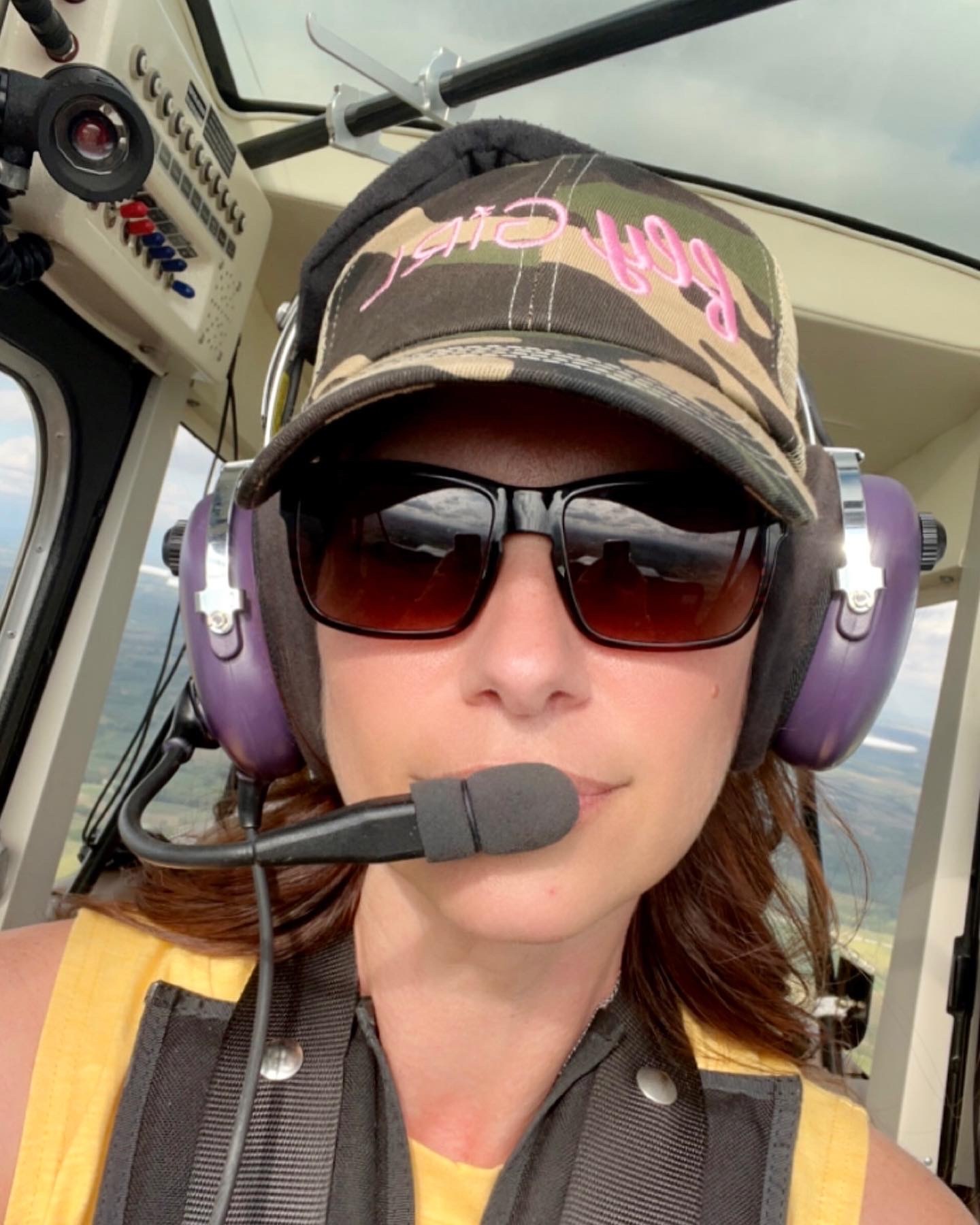
Karey grew up and obtained her in private pilot’s license in Central Iowa. She fell in love with tailwheel aircraft during her primary training and obtained a tailwheel endorsement the week following her private pilot checkride. She is eager to obtain her seaplane rating and is merging her passion for flying with her prior work career. Karey has a background in marketing, editing, and web design after graduating from Simpson College. When she is not flying or working, Karey enjoys anything related to technology and admits she can be a bit of a nerd. She also has discovered a love for virtually all outdoor pursuits, with a special fondness for climbing, shooting, and hiking.

Stay Connected
Be the very first to get notified when we publish new flying videos, free lessons, and special offers on our courses.

